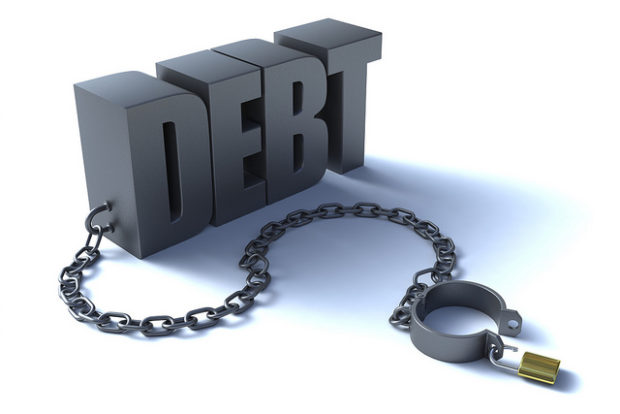Things You Need to Know About Debt Consolidation

What is debt consolidation? Simply put, it is the process by which all debts are consolidated (collated and aggregated) into a single repayment through a debt consolidation loan. According to market research, the average US household is in debt to the tune of $134,643. This debt is comprised of a combination of good debt and bad debt. The good debt comes in the form of student loans and mortgages, while the bad debt is typically from credit cards and automobile loans.
Unfortunately, all debt needs to be repaid at some point or another. And failure to make payment can have serious repercussions. For starters, collections agencies will start coming after you, liens and judgments could be issued against you, property and assets could be seized, and your credit score will invariably suffer the consequences. Getting blacklisted through non-payment of debt is a serious personal failure. It can have far-reaching repercussions for your household, family, job prospects, and ability to plan for the future.
The Debt Consolidation Alternative to Bankruptcy Filings
Fortunately, it isn’t necessary to file Chapter 7, Chapter 11, or Chapter 13 bankruptcy. Your get out of jail free pass may well be another lesser-known option – debt consolidation. Consider for a moment that the average US household is paying around $1,300 every year in interest payments alone. That money can be put to better use paying down the principal of loans, rather than interest repayments. The principal is the initial loan amount without interest that needs to be repaid.
The functionality of debt consolidation loans is worth discussing. A debt consolidation loan is a loan at a lower rate of interest than the current interest rate on the outstanding credit. There are several benefits to applying for these types of loans. Most notably, easier management of your financial affairs and debt obligations.
Since you are no longer dealing with multiple credit cards, personal loans and other lines of credit, you can aggregate all these debts into a single loan, known as a debt consolidation loan. This makes it much easier, and more cost-effective to manage your debts.
Perhaps the most important benefit of this type of loan is that you are actually paying less every month for your debts than before. Instead of allocating an increasing portion of your limited disposable income to the high APRs on credit cards, you can use the cost savings for an emergency slush fund for a rainy day. Or even better, use it to pay down the principal on the outstanding balances.
Don’t Delay with High APR Debt
Debtors who procrastinate beget nothing but financial misery and lower levels of personal disposable income. If you find yourself in a situation where it is difficult to repay your outstanding credit card debt, the first thing you need to do, is take decisive action. For starters, paying only the monthly account minimum is not recommended by debt management experts. It is recommended by credit card companies as a way to get you to pay more over a longer period of time.

If possible, you should at least double your monthly minimum. Or, if you have the funds available, repay the debt entirely (in full every month). It’s important to be honest when it comes to debt management. How much do you owe? What type of debt do you currently have? (credit card debt, personal loans, business loans, mortgages, auto loans, student loans, other debts)
Don’t be afraid of generating a single figure for all your debts. It’s foolhardy to look at individual accounts and be dismissive of them if the totals aren’t too high. Psychologists and debt management consultants recommend trying to understand the reasons why debt levels are rising. Retail therapy is one thing, but excessive overspending is an entirely different animal.
The first thing to do when debt levels become unmanageable is to stop spending. Cut up the credit cards, or put them in the freezer and ice them. When you have brought down your debt, you can slowly start using your cards again. However, the goal is to never return to a situation where you have to consult with financial experts for debt relief.



